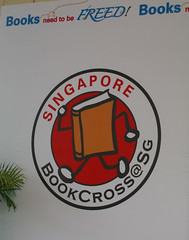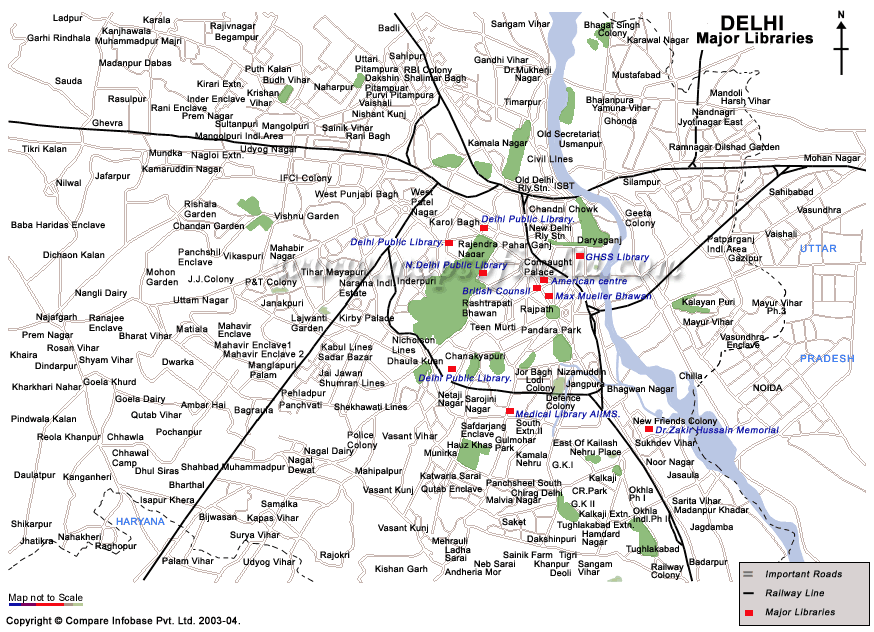Among those featured in the media project are, Kalyani Bhattacharya, a teacher at the Bengali Language School; Gurbax Singh Malhi, Member of Parliament (Bramalea-Gore-Malton); Kuldip Kular, Member of Provincial Parliament (Bramalea-Gore-Malton-Springdale), who arrived in Canada in 1974; and Monisha Ramgahan, a second generation Indo-Canadian. A book entitled ‘Brampton Inspired Capacity’ published as part of the Urban Mosaic Series of photo-journals by Charles Owen and Company, scrapbooks and poster projects on the community are also part of the collection."Brampton is now one of the most ethnically diverse cities in all of Canada. But that's a recent development in terms of Brampton's history. So we made some effort to try and kind of level the playing field and highlight the newcomer community here in Brampton," Branch Manager Emma Duncan told Desi Talk.
The library system in Brampton, has however identified South Asians as a large multicultural and multilingual community, and materials on this community make up more than half of its multilingual collection, according to Uttangi.
"We are still depending on the 2001 census report. According to that, 48 percent of the visible minority were of South Asian origin in Brampton," she said. "Considering the internal statistics on circulation, Hindi followed by Punjabi tops the list of all multilingual languages.
Tamil, Urdu and Gujarati follow the two in the South Asian language collection circulation figures and overall, within the top 10.”
"We are waiting for the April 2 census report on ethnic origin and visible minorities," Uttangi said, adding, "I am sure Tamil which is now in the second tier will come into the top tier so we will buy more material in that language."
Hindi tops the circulation list because of the popular Bollywood DVDs and CDs, according to Uttangi. "All watch Bollywood movies.. whether Indian, Canadian, Japanese ... we don't even have a shelf to keep these because they are gone the moment they come in!"
If circulation in any particular language goes down, the library does not add more materials for that. "For example, there is a large Filipino community here but the reading material in Tagalog did not circulate much," Uttangi said. She found the community watched more Tagalog videos, but read basically English books. "When we started developing a DVD collection, we got so many requests for Tagalog... we build the material depending on the needs of the community."
For children's books "We have dual language picture books. It is almost like inter-generational books where a child may read the book to grandparents if they don't know English, and the grandparents can read the book in their own language to understand the story. So half the page will be in English and the other half in Hindi or Punjabi..." Uttangi said.
The library also offers programs for newcomers on settlement issues, money management, building self-esteem, Canadian culture in the workplace, foreign credentials recognition, "Anything that is useful for them," she stressed. "I collaborate and partner with different agencies in Brampton for this."
Uttangi has been in the Brampton Library system for the past 19 years. She occasionally makes presentations to the approximately 180 staff members on how to deal with multiculturalism including how to interact with members of various communities, religions and cultures. "The presentation is about two hours long. It is from the library's perspective." She has been the Multicultural Services Coordinator since the position was created in 2004, and also sits on various committees and boards that serve the multicultural community, such as the Brampton Board of Trade's Multicultural Committee which was one of the first to help ethnic businesses in Brampton integrate into mainstream.
"So you see it's not just a library but the community as a whole we are looking at serving."
"Brampton is now one of the most ethnically diverse cities in all of Canada. But that's a recent development in terms of Brampton's history. So we made some effort to try and kind of level the playing field and highlight the newcomer community here in Brampton," Emma Duncan, Four Corners Branch Manager told Desi Talk.


















